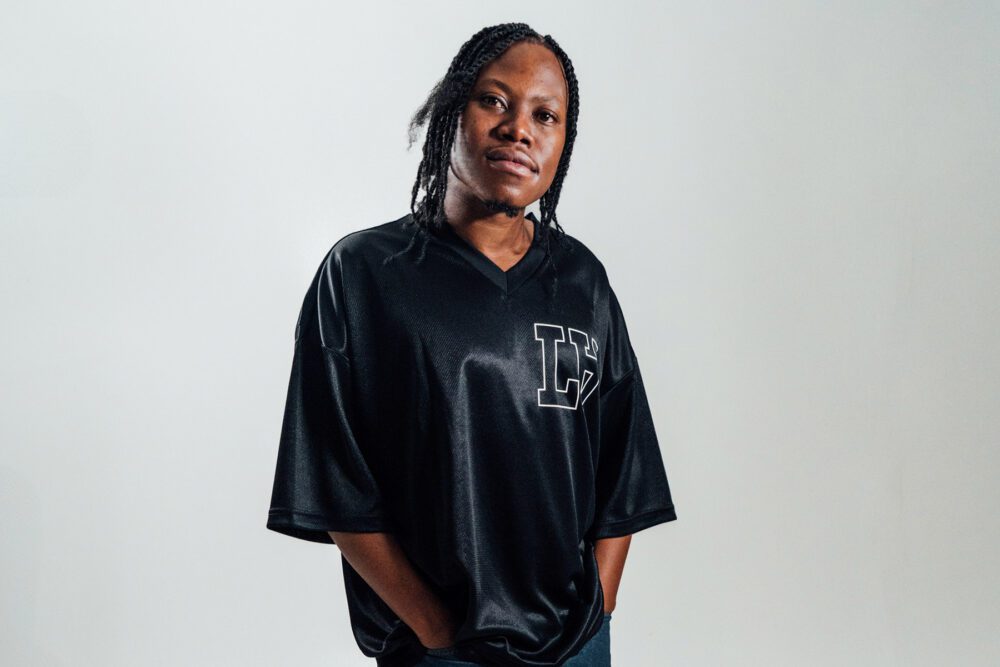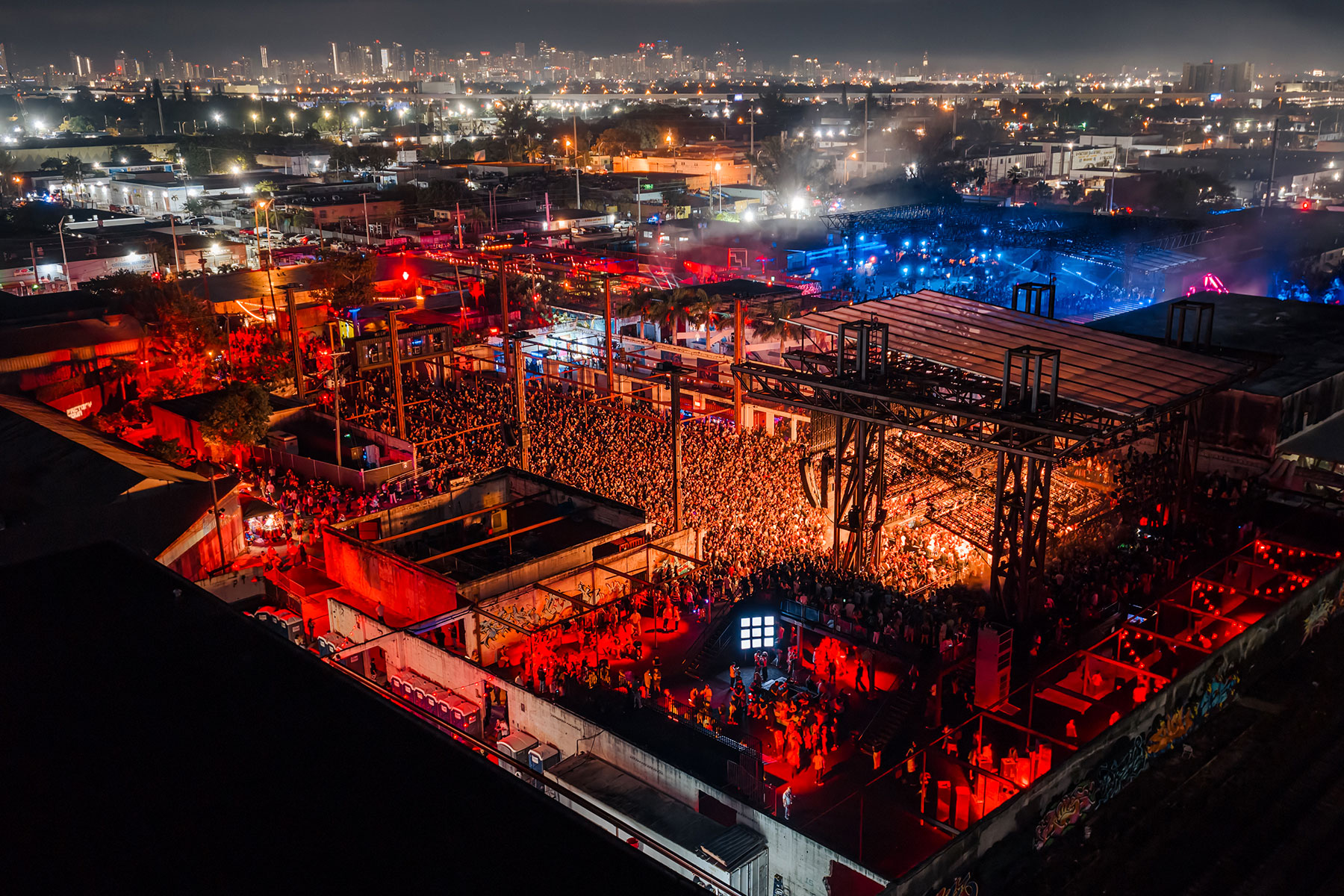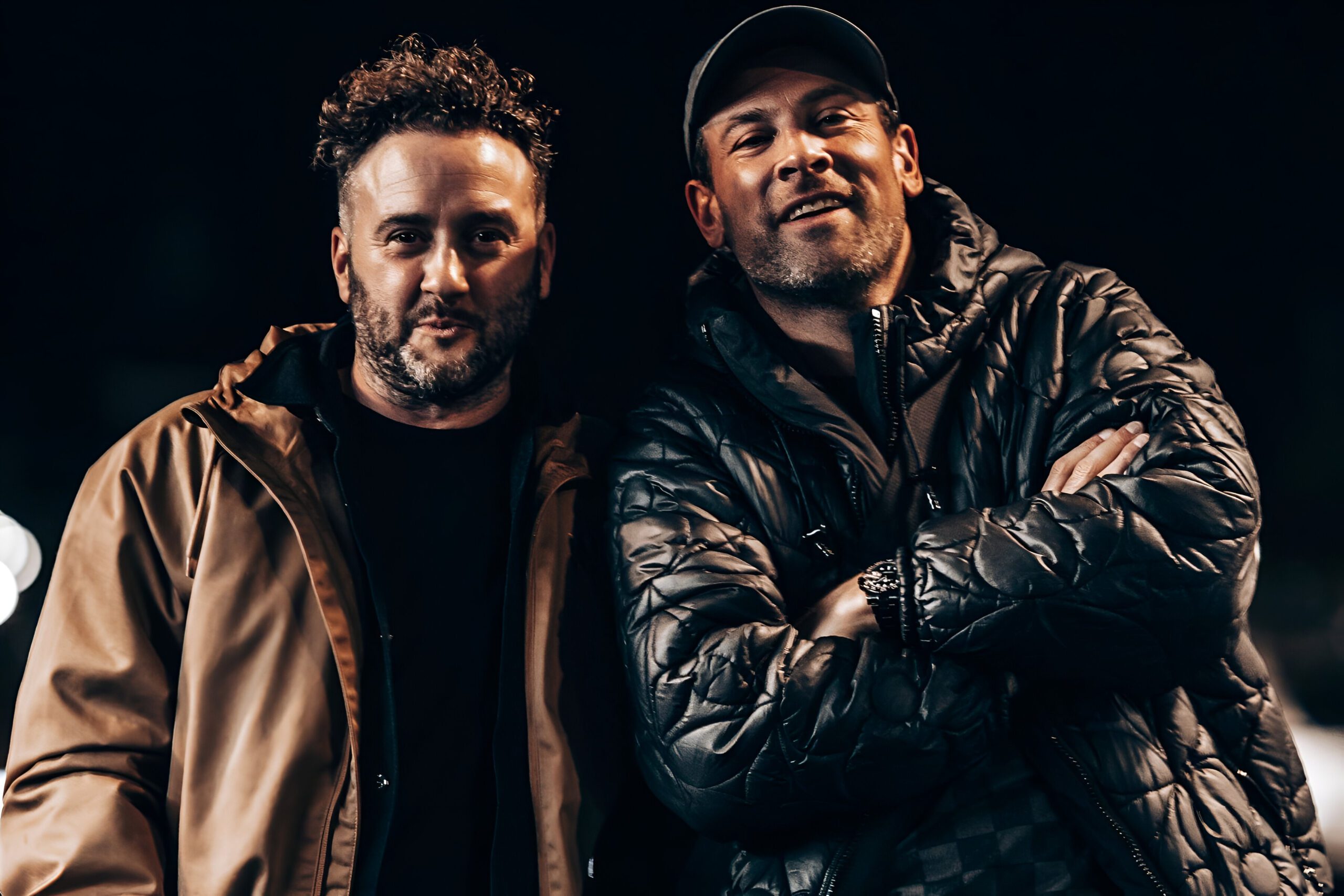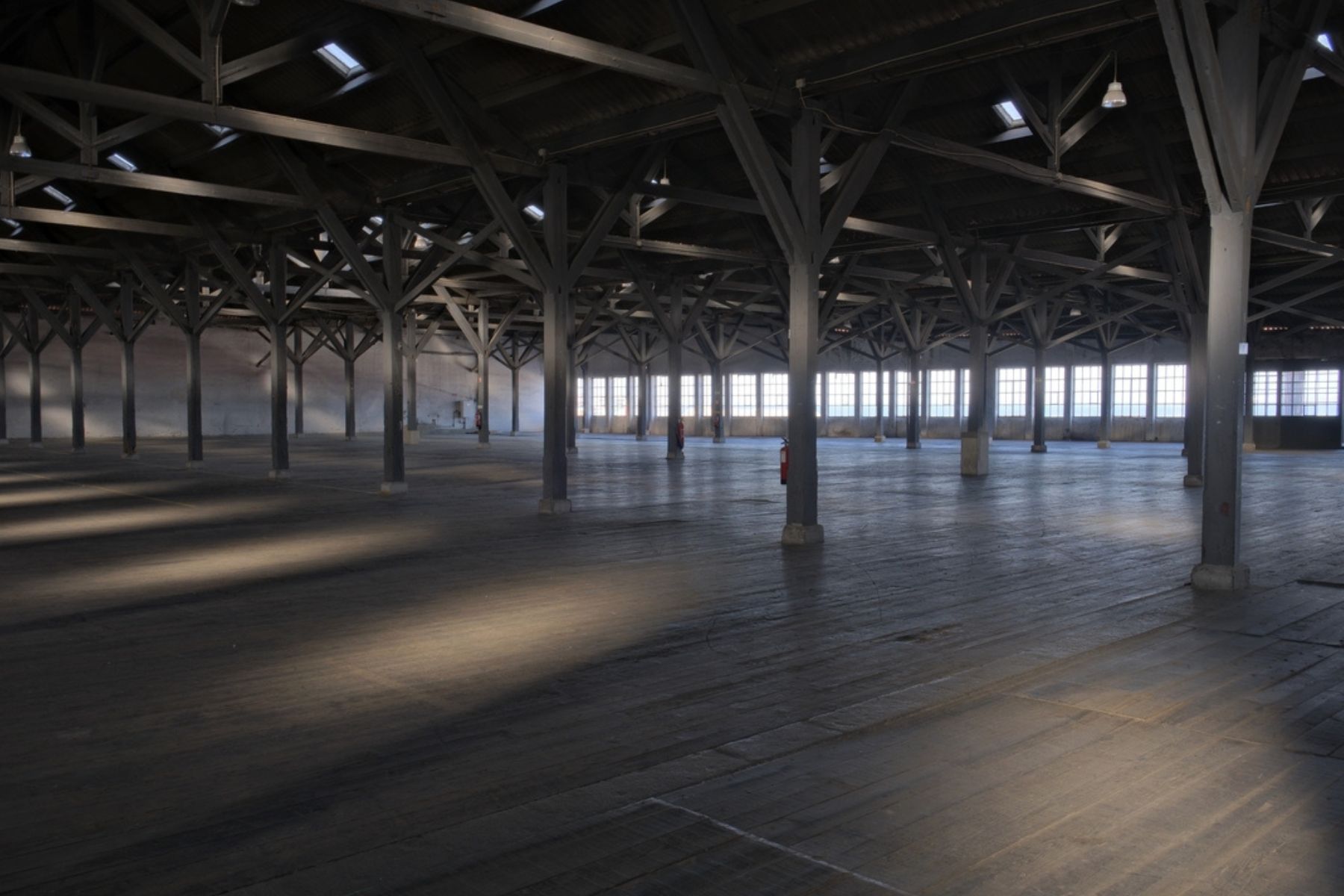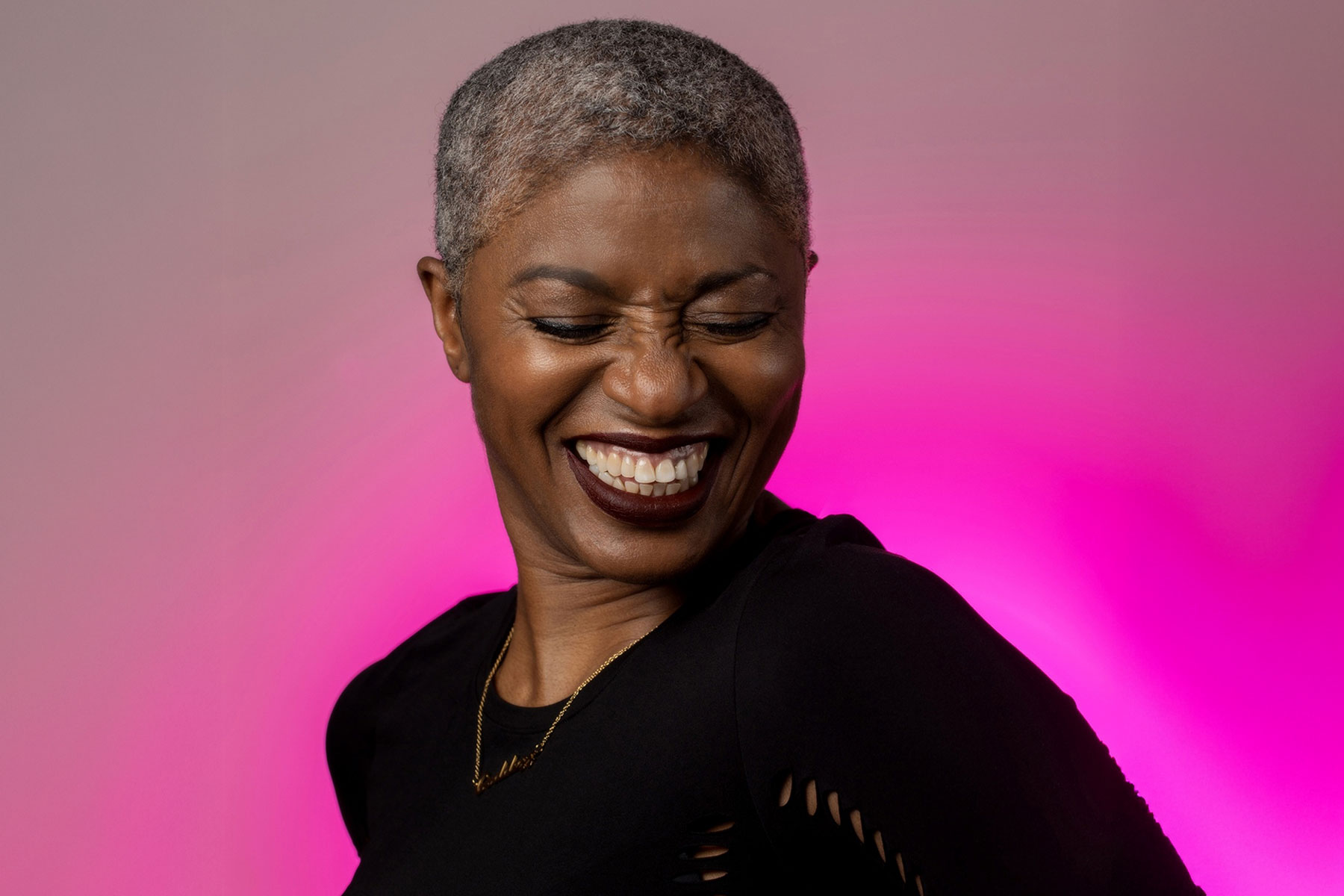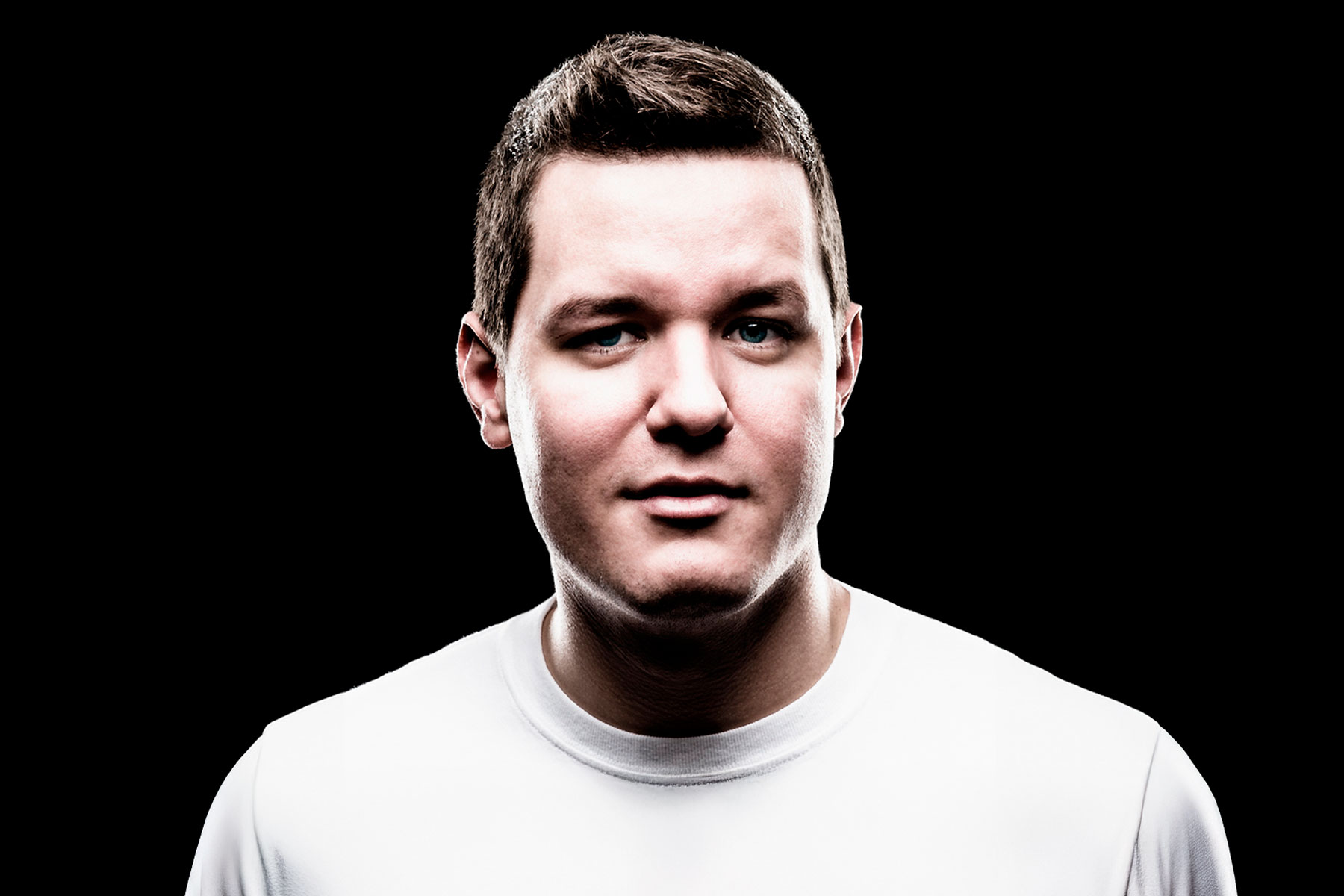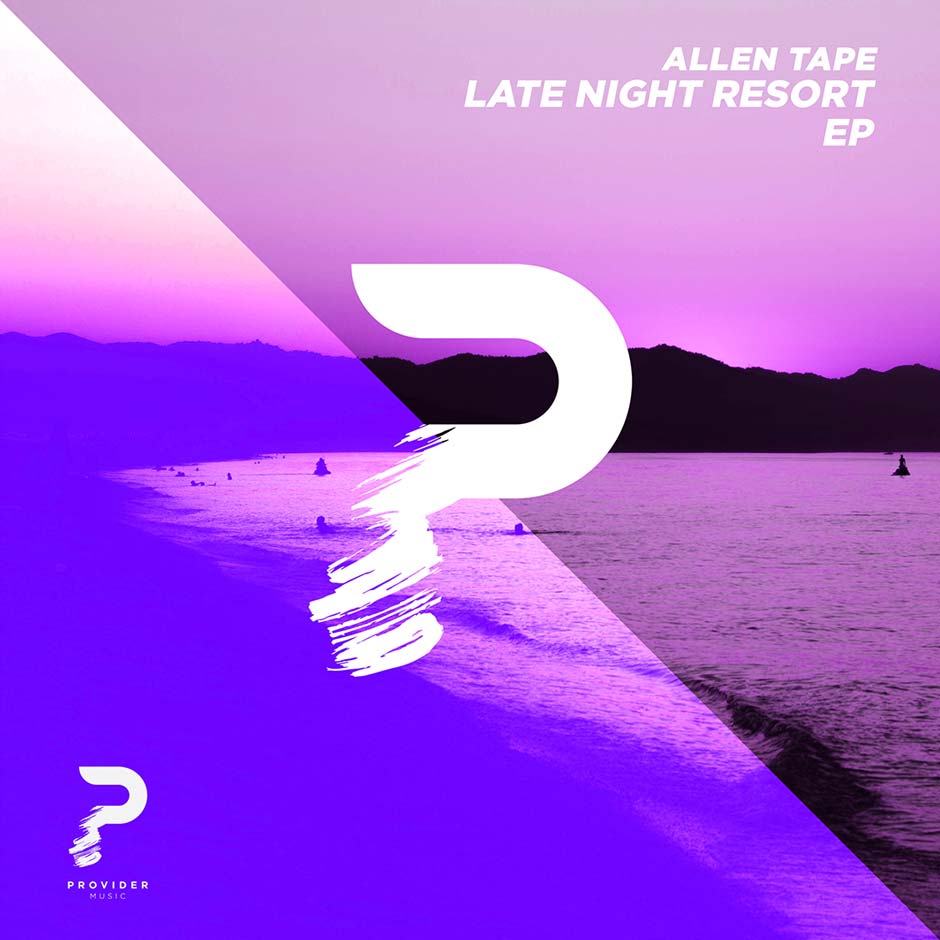Blending rich textures with deep-rooted rhythms, South African-born, Shanghai-based producer and DJ Chilsta continues to shape a sound that’s both intentional and evolving.
Photo credit: Chilsta – Official
His music reflects a unique cultural blend, drawing on his Zulu heritage, early influences from Durban, and experiences within Shanghai’s underground scene. With releases spanning genres from Hip Hop and RnB to Techno and Afro House, Chilsta’s creative identity is both grounded and open-ended.
Having started his musical journey at just 14, Chilsta has since played at key venues in Cape Town and Shanghai — including The Waiting Room, 3NTRY, Mao Livehouse, T66, and Up — and supported acts like EDX, Captain Hooke, Temba, and Kyle Watson. Now focused on refining his sound and embracing new influences, he joins us to unpack the inspirations that continue to guide his path.
In this conversation, Chilsta opens up about cultural memory, sound design, and the rhythms that speak a global language.
EG: Hi Chilsta, welcome to EG. How are you today?
Chilsta: I’m doing well, thanks for the invite!
EG: Let’s take it back to the beginning – which artists or DJs first sparked your interest in Electronic Music?
Chilsta: Kaskade and Deadmau5. I first heard ‘I Remember’ by Deadmau5 and Kaskade, and then I got hooked on Electronic Music.
EG: How has your South African heritage shaped your sense of rhythm, melody, and groove?
Chilsta: South Africans like to dance! Anywhere there’s music, we wanna dance! Coming from a Zulu heritage, the drums are one of the primary instruments. We tell stories through drums. I think the early Hip Hop was like this — think Afrika Bambaataa; his record label was Zulu Records. The melody aspect is just for the groove. I think that’s key in Electronic Music nowadays. It doesn’t have to be complicated. The drums are the global language.
EG: You often blend Afro House with elements of Techno and House — were there any particular records or artists that inspired you to explore this fusion?
Chilsta: Probably Nicole Moudaber. She was the first Techno DJ I heard. I was watching her Tomorrowland 2011 set. To me, it sounded like South African House (before ‘Afro House’ was a term). I like high-energy music. Her groove was infectious.
EG: How did relocating to Shanghai impact your musical perspective? Are there any standout local or international acts that have caused a shift in how you approach your sound?
Chilsta: I think it made my sound more “international.” I was partying and learning a lot in the underground. Internationally, I’d say Sasha.
“I try not to think when I make music. I just go with what I feel”
EG: Was there any specific music you were surrounded by growing up that you now recognise as a key influence?
Chilsta: South African deep house, house, early Black Coffee, and a lot of EDM. I started with EDM as a DJ and music producer.
EG: When it comes to the artists who inspire you — what is it about their sound or creative approach that resonates most with you?
Chilsta: I would say that I hear music differently and have a better understanding of why it works. I’m inspired by really good sound design. I think people need to feel the textures of the sounds. This is the brilliant thing about Electronic music. Groove is important, as well as building tension and release. Lastly, I think drums are the most important thing. Different cultures may not understand different music scales and chords, but drums bridge that gap because they are the global language of music.
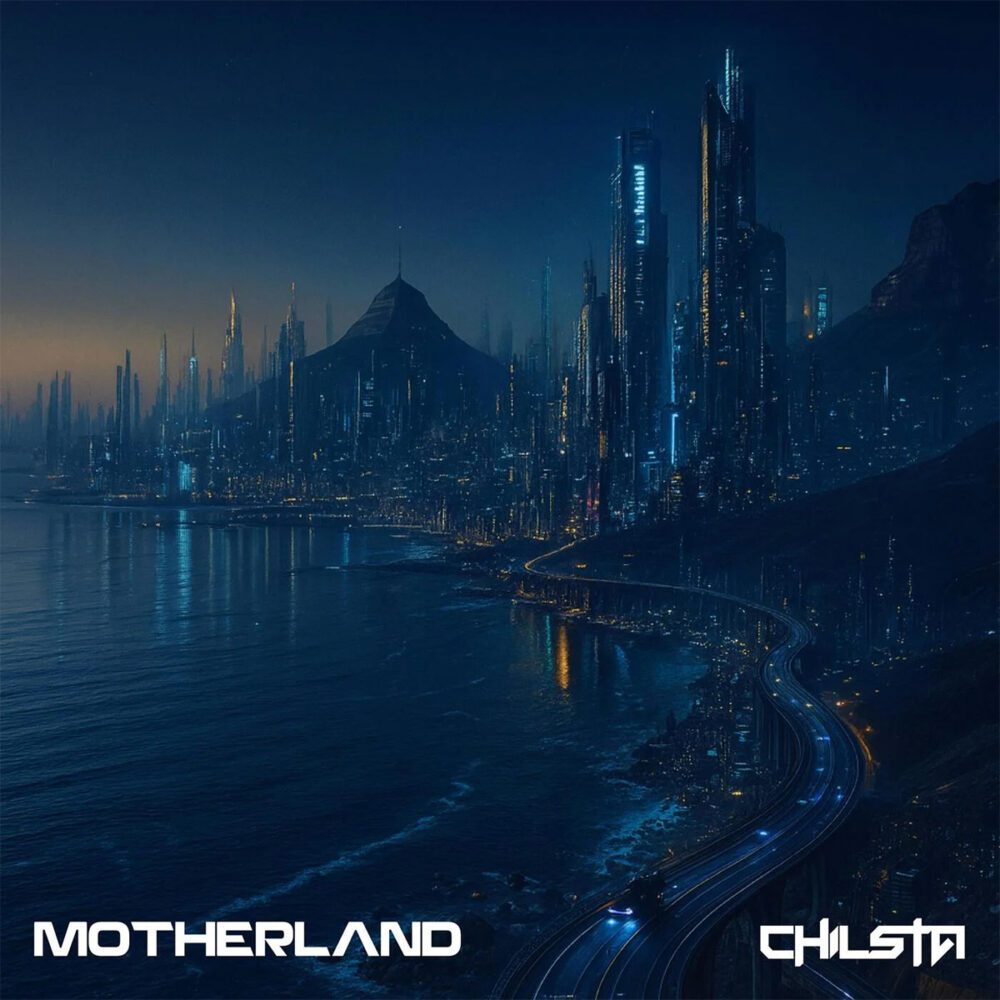
EG: Beyond music, are there any creatives, movements, or cultural influences that shape your mindset or direction?
Chilsta: Jean-Michel Basquiat, Steve Jobs — his approach to technological innovation is like making music; he relies on taste and feel. I really like technological advancements — technology drives culture in the 21st century.
EG: In the studio, do you find yourself consciously drawing from your influences, or is it more of a natural, subconscious presence in your work?
Chilsta: It’s subconscious. I try not to think when I make music. I just go with what I feel. So, it helps to stay true to myself.
“The drums are the global language”
EG: Lastly, how do you take all of these different influences — local, global, past, present – and channel them into a sound that still feels true to you?
Chilsta: This takes experience and confidence. I study and analyze music a lot. I grew up watching a lot of music documentaries and reading biographies and autobiographies of iconic artists.
I stay true to myself by understanding my strengths and weaknesses and playing to my strengths. Don’t ask me to write complex chord progressions and melodies. I know I’m good at drums, layering sounds, and good mixdowns. So that’s the key!
Chilsta’s ‘Motherland’ is out now on DistroKid. Stream and download here.
Follow Chilsta: Spotify | Soundcloud | Facebook


